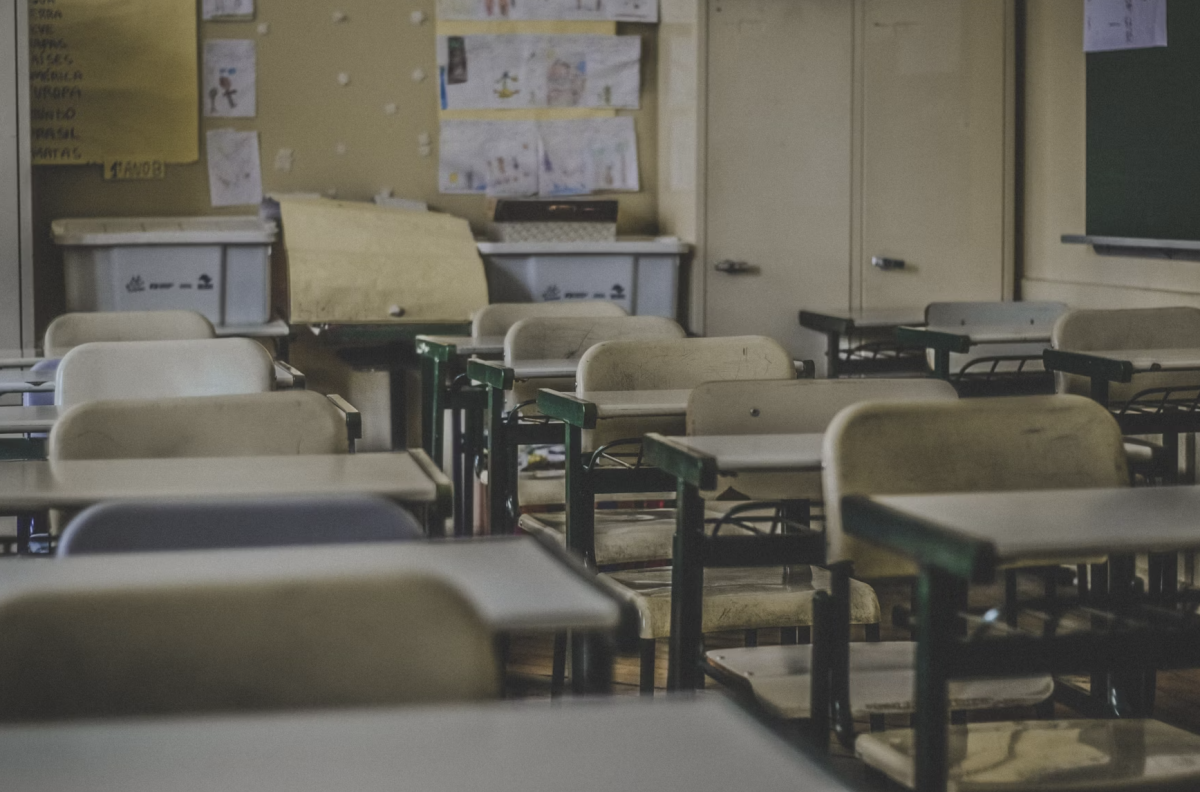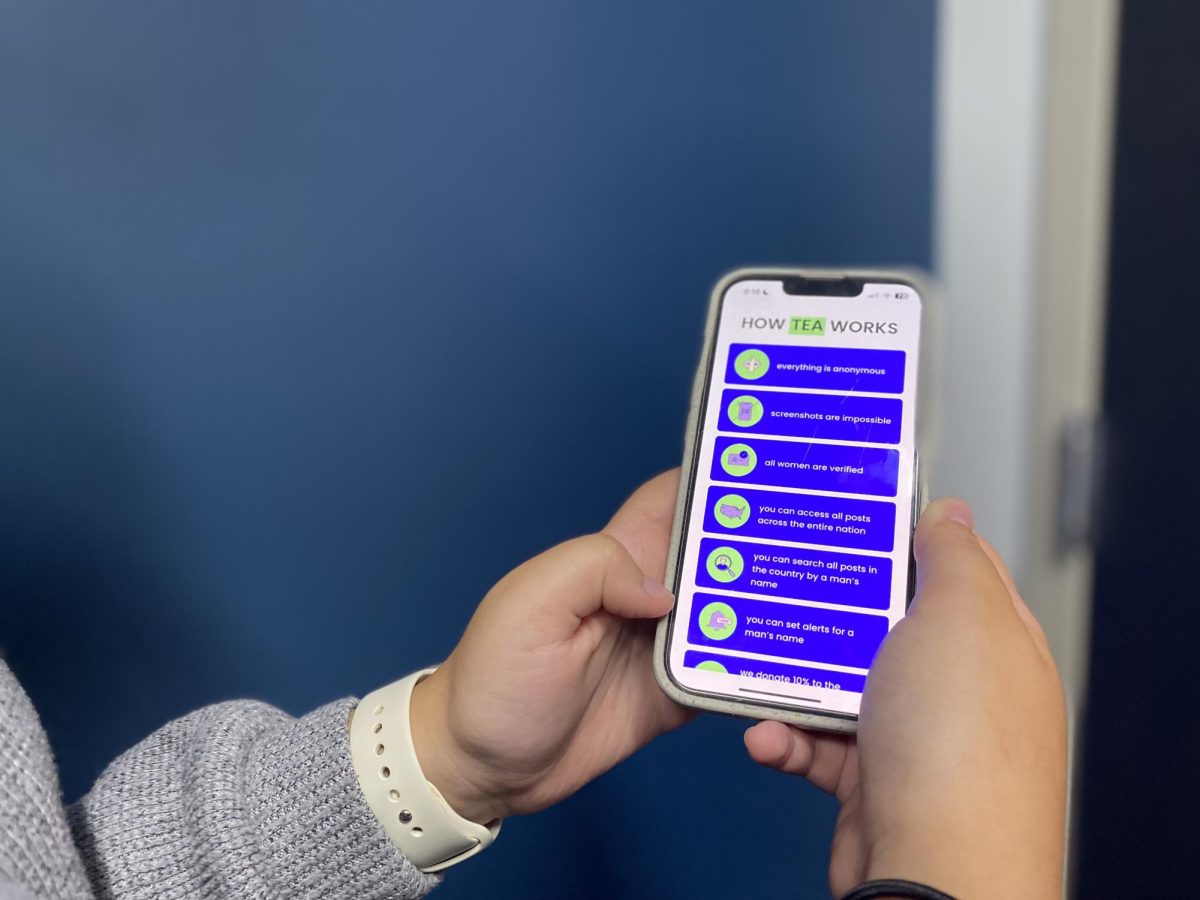When one looks around any academic building or classroom, you can be sure to see one thing in abundance: laptops. This innovative tool allows students to take notes more efficiently and puts infinite information at their fingertips. However, laptops are being abused in some modern learning settings, creating obstacles to learning.
When used for academic purposes, laptops are helpful and exciting tools. It’s not controversial to argue that computers have brought forth many advancements in the realm of academics. Even today, we can see the ease with which professors can upload and distribute assignments, not to mention online library resources and the convenience that laptops offer students. It’s debatable, however, whether these merits outweigh the drawbacks of laptop use.
Any person sitting at the back of a class is liable to see a sea of screens with heads turned down, facing an abundance of different distractions. From online shopping, football replays and daily games to an assignment due at midnight or reading due before the next class, students are focused on anything but the given lecture.
“62% of students see no problem with texting in class as long as they do not disturb other students,” according to a 2016 study. This statistic should not come as a surprise to anyone.
Professors skate around laptop bans because some students use their laptops for their true purposes of note-taking and following along with the lecture. This intended use of laptops within classrooms has proven effective, given how it allows students to engage with the content.
There is a positive correlation between class-related laptop use and exam scores, while off-topic laptop use and exam scores maintain a negative correlation, according to a 2021 observational study.
Exams distributed on computers deprive students of a true evaluation, given that students treat any exam not monitored by a lockdown browser as if it’s open note. Not to mention, information is so easily accessible through the internet that there is no incentive for students to retain information that they learn since they can always just look it up in the future. This harms attitudes towards learning in many students, leading to a lack of retained knowledge.
The increase in AI technologies and the ease with which students are able to access these technologies with their laptops creates a warped learning environment. Students no longer feel the need to write their own emails, brainstorm their own topics or even write their own papers. They can have a computer do it for them with nothing more than a simple copy-paste.
The tool that was created to enhance learning is now being transformed into an impediment. Despite this, computers enable students and instructors to engage in new learning opportunities both within and outside the classroom. Learning tools are more widely available and accessible, and many aids allow for a more effective academic experience.
Online textbooks, library resources, easily accessible syllabi and quick communication make laptops an essential tool in the classroom and other academic settings. The abundance of allowances for using the internet via laptops is an evident positive addition to the learning community. However, the abuse of this technology is creating many issues in a world of comfortability with technology use.
In light of the modern complications of technology use, laptops are not an effective learning tool, especially in classrooms, yet they are essential for learning at the same time.
Kylie Tutterrow is a sophomore political science major from Spartanburg, South Carolina. You can reach Kylie at [email protected].










